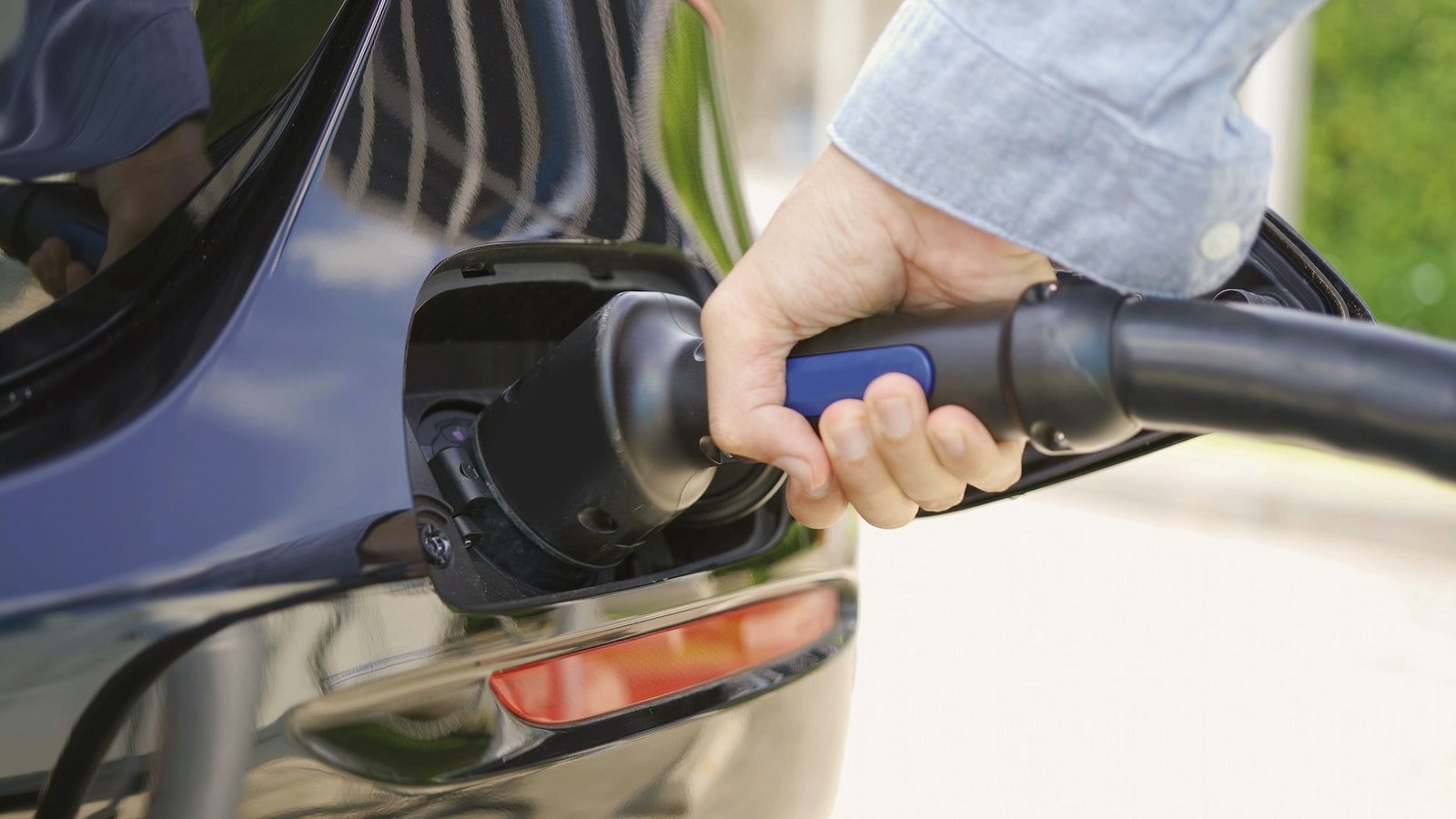The Future of EV Battery Technology: Beyond Lithium-Ion
Electric Vehicles (EV) and SustainabilityTable of Contents
In the realm of electric vehicles (EVs), the heart and soul lie within their batteries. Over the past few decades, lithium-ion batteries have dominated the EV landscape, offering a balance between energy density, longevity, and cost-effectiveness. However, as the world races towards a greener future and the demand for EVs skyrockets, the limitations of lithium-ion technology become more apparent. This begs the question: What lies beyond lithium-ion batteries in the future of EV technology?
Challenges with Lithium-Ion Batteries
Lithium-ion batteries have been the cornerstone of EVs due to their high energy density and relatively low weight. However, they come with their fair share of challenges. These include limited resource availability, safety concerns, and degradation over time. As EV adoption accelerates, these challenges become more pronounced, necessitating the exploration of alternative battery technologies.
Exploring Alternatives
- Solid-State Batteries: Solid-state batteries have emerged as a promising alternative to lithium-ion technology. By replacing the liquid electrolyte with a solid material, these batteries offer enhanced safety, increased energy density, and faster charging capabilities. Companies like Toyota and QuantumScape are at the forefront of developing solid-state batteries for EV applications.
- Lithium-Sulfur Batteries: Another contender in the race for the next-generation EV battery is lithium-sulfur technology. With the potential to store more energy than lithium-ion batteries, lithium-sulfur batteries could significantly extend the driving range of EVs. Moreover, sulfur is abundant and inexpensive, making it a more sustainable option.
- Graphene Batteries: Graphene, a carbon allotrope with remarkable properties, has garnered attention for its potential application in batteries. Graphene-based batteries promise higher energy density, faster charging times, and improved longevity compared to conventional lithium-ion batteries. Companies like Nanotech Energy are actively researching and developing graphene batteries for EVs.
Overcoming Challenges and Scaling Up
While these alternative battery technologies hold immense promise, several challenges must be overcome before they can be widely adopted in the EV market. These include manufacturing scalability, cost-effectiveness, and durability. Research and development efforts are underway to address these challenges and pave the way for the mass production of next-generation EV batteries.
Environmental Implications
One of the driving forces behind the quest for alternative EV batteries is the environmental impact of lithium-ion technology. The extraction of lithium and other rare earth metals has significant environmental consequences, including habitat destruction and water pollution. By transitioning to more sustainable battery technologies, such as lithium-sulfur and solid-state batteries, the EV industry can reduce its carbon footprint and contribute to a cleaner planet.
In conclusion, the future of EV battery technology extends far beyond lithium-ion, with solid-state, lithium-sulfur, and graphene batteries poised to revolutionize the industry. As researchers and manufacturers continue to innovate, the dream of electric vehicles becoming the norm on our roads edges closer to reality.
FAQs:
Are solid-state batteries safer than lithium-ion batteries?
Yes, solid-state batteries offer improved safety compared to traditional lithium-ion batteries due to their stable solid electrolyte, which reduces the risk of thermal runaway events.
How do graphene batteries differ from lithium-ion batteries?
Graphene batteries utilize graphene-based materials to enhance energy density, charging speed, and overall performance compared to conventional lithium-ion batteries.
What challenges are hindering the mass adoption of next-generation EV batteries?
Challenges such as manufacturing scalability, cost-effectiveness, and durability need to be addressed before alternative EV batteries can be widely adopted.
Are lithium-sulfur batteries more environmentally friendly than lithium-ion batteries?
Yes, lithium-sulfur batteries offer a more sustainable option as sulfur is abundant and inexpensive compared to the rare earth metals used in lithium-ion batteries.
When can consumers expect to see EVs equipped with next-generation batteries?
While research and development efforts are underway, it may take several years before next-generation EV batteries are ready for mass production and integration into consumer vehicles.
